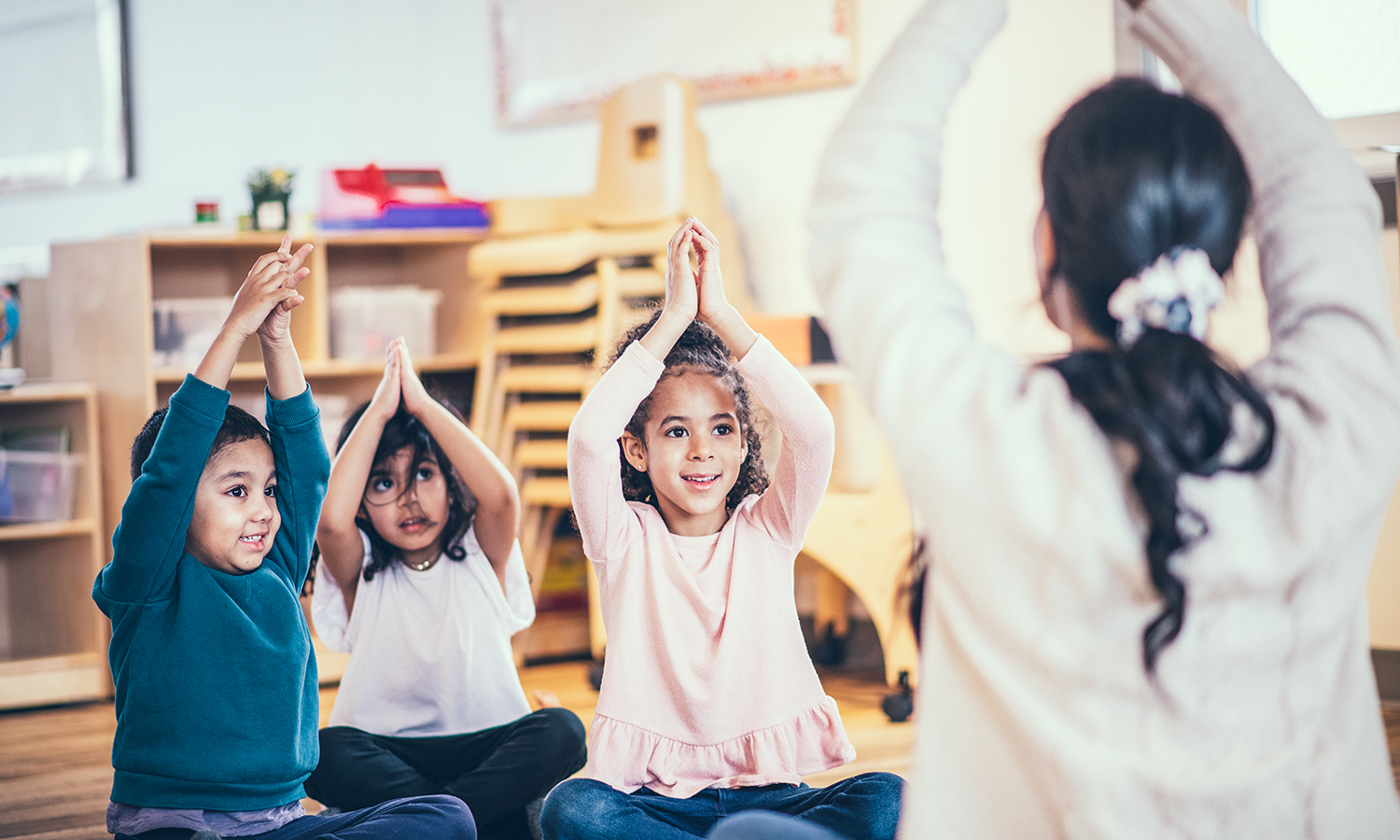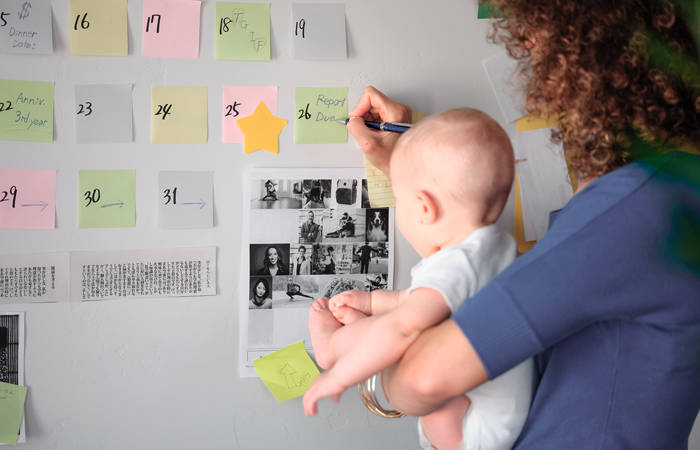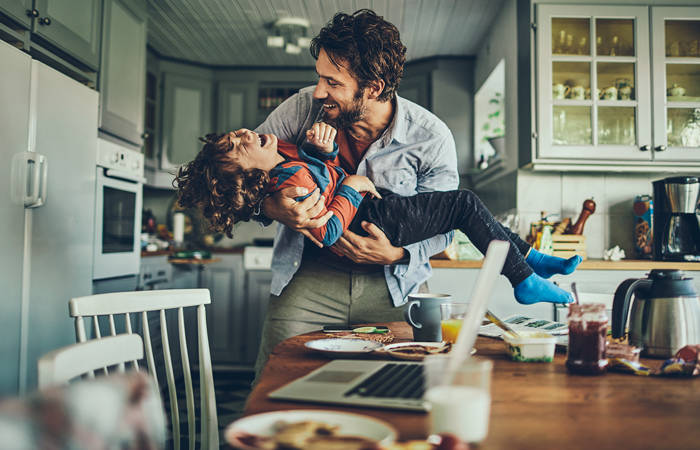Like what you see?
Sign up to receive more free parenting advice.
Thank you for subscribing to our newsletter!
Child Development

Credit: iStock.com/FatCamera
Parents have always been under a certain amount of pressure to follow what other parents are doing, but modern social media has added a whole new layer of complexity.
You might be slow to toilet train your child, but one glimpse of a friend’s Facebook post showing that their two-year-old is fully toilet trained – and is also sleeping through the night – is enough to make you feel inadequate.
While we know it’s important to focus on what is working for our children instead of being swayed by what our friends are doing with their families, it’s often easier said than done.
Pressure from society
Associate Professor Fay Hadley, from Macquarie University’s School of Education believes parents aren’t necessarily dealing with peer pressure from other families, but pressure from society in general.
“Parents get many messages from various media posts, including social media, ‘expert advice’ being cited in online print articles as well as government and non-government websites, on what they should be doing to ensure their child’s healthy development – both socially and academically,” Associate Professor Hadley says.
“There are also so many parenting books available that often have conflicting advice on what parents should be focusing on which creates even more confusion and pressure for families.
“When parents are feeling this pressure I would encourage them to ask ‘Does this resonate with my beliefs and values?’, and if not sure, ask themselves ‘Who can I talk to about this before I make a decision?’, for example the early childhood teacher at my child’s centre or preschool, the GP or health nurse?’ I think this pressure has always been a part of parenting but it is heightened now with the connectivity we now have as global citizens.”
Stay up to date with the latest news and articles from First Five Years
Thank you for subscribing to our newsletter!
Talk to family about the pressures
Associate Professor Hadley suggests parents spend time talking to partners or others who are helping raise their children regarding the pressures felt and decide what they, as a family, want their children to participate in and what they don’t and why.
“This would be influenced by the age of their child, how much spare time they have, if the activities incur costs or additional time travelling, and what they think is important for their child to learn. For example, do you want them to learn basic swimming skills as you have a pool or dam on your property or live close to the sea or river?” Associate Professor Hadley says.
“For children aged five and under, the most important engagement they need is to spend quality time with their parents and primary caregivers and engage in social and physical activity to aid their development. This could include catching up with other families with young children in their local community.”
Keeping up with the Joneses
Another challenge faced by parents today is “keeping up with the Joneses” – in other words, if your child’s friends have an iPad and yours don’t, what do you do when they ask why other children have things that they don’t have.
“This can be explained simply as ‘We understand you may be upset and want what your friends have but, as a family, we want to spend our money and time on other things – for example, going to the beach, the park, going for a walk or visiting grandparents,” Associate Professor Hadley says.
“The last thing we want to do is get into a blaming game of the ways other parents choose to raise their children.”
Tanya is the mother of two children aged four and five. Living in an affluent Melbourne suburb, she says she’s often influenced by what her friends are doing when it comes to buying products for her children or putting them into classes.
“I’ll admit the only reason I put my daughter into flamenco dancing lessons when she was four was because several of the mothers at her preschool were doing it and I didn’t want my daughter to be left out. She ended up loving those lessons but I wouldn’t have done it if I hadn’t felt pressure to do so,” Tanya says.
“When my son was three, I felt pressured into buying him an iPad because a friend of mine said she felt ‘sorry’ for him that he didn’t have one when, according to her, all the kids had iPads. I regret getting him an iPad now because he’s quite addicted to it and has tantrums when I take it away from him. I think I was quite weak and definitely succumbed to peer pressure. If I have a third child, I won’t let friends sway my way of thinking.”
Associate Professor Hadley says it’s important to remember that it doesn’t take long before children are in organised activities, such as sport, music and dance, so it’s a good idea to make time when they are young to do with your children what you feel is good for them – and not things that other parents are doing with their children.
“Give them and yourself the space to engage with your child and family in ways that work for you and don’t overload yourself or your child,” Associate Professor Hadley says
“Playing, having fun and spending quality time together is what I would encourage you to focus on in your child’s early years and most importantly be guided what you value as a family.”






